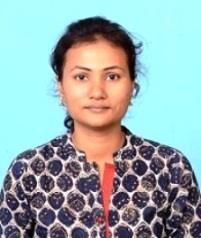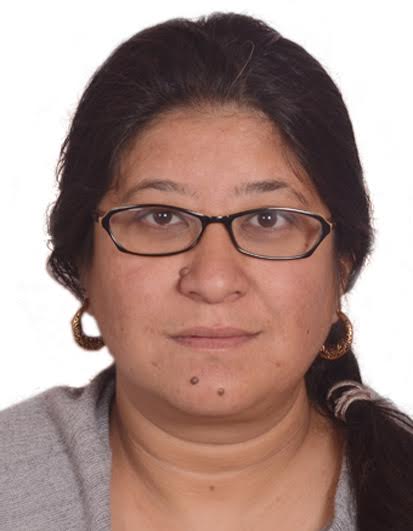| Sl.No. | Name & Details of the Participants | Country | Photo | Research Articles | Comments by Coordinator |
| 1. |
Abdul Kalam Azad, Independent Researcher ||
|
India |
 |
||
| 2. |
Erdogan H. Sima, University of Lapland ||
Email: simaerdogan@yahoo.com |
Turkey |
 |
From Statelessness to “Placelessness”: The Emergent Challenge to Place-based Security Mechanisms |
|
| 3. |
Jyotsna Srivastava, Banaras Hindu
University |
India |
 |
Statelessness and Gendered Claim of States
|
|
| 4. |
M. Ibrahim Wani, Institute of Kashmir Studies,
University of Kashmir, Jammu & Kashmir || Email: mibrahimwani@gmail.com |
India |
 |
Migrants, Crises & Statelessness: Exploring Media Representations of Rohingya Refugees in India
|
|
| 5. |
Roopshree Joshi, World Education ||
Email:
roopshreej@gmail.com |
Nepal |
 |
We are waiting - The Aspirations of Tibetan children in Nepal
|
|
| 6. |
Shamna Thachampoyil, University of Delhi |
India |
 |
‘Regime of Protection’: Problematizing the institutional framework for statelessness
|